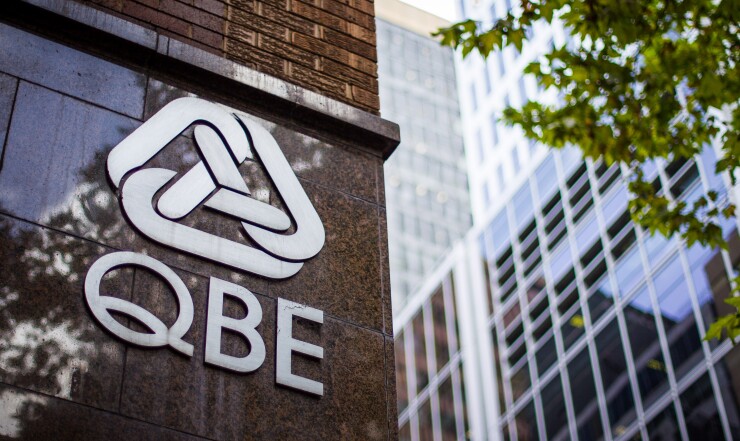QBE Insurance Group’s venture arm continues to invest in artificial intelligence companies that offer products that can automate and streamline the carrier’s processes.
QBE most recently put an undisclosed sum into machine learning company HyperScience. The developer’s technology takes data-entry content and makes it machine-readable, says Ted Stuckey, managing director of QBE Ventures. The process makes it faster and much more efficient to carry out certain tasks and makes new sources of data available to support better decision making. In addition to its investment, QBE agreed to roll out HyperScience’s technology across its organization.
“Many people are spending a lot of time focusing on using AI to solve grander problems,” he says, “but this is something we can have a meaningful impact on today.”
QBE, one of the world’s top 20 general insurance companies, at the end of last year put money into two other AI companies, RiskGenius and Cytora. In both cases, the carrier’s plan was to implement the companies’ technologies. RiskGenius employs AI to analyze policies to help develop new insurance products. Cytora makes use of AI-based risk scoring models to underwrite and price policies.

While the amounts of QBE’s investments in RiskGenius and Cytora weren’t announced, the insurer said last year its venture arm was going to spend $50 million in early-stage companies developing technologies beneficial to the carrier.
“This is a portfolio where we continue to add amazing companies with very real commercial benefits,” says Stuckey. “It’s all about expansion and continuing to invest in getting those products and capabilities into the hands of our underwriters, operations, claims, and product professionals all around the globe.”
For the insurance industry, relying on costly, slow, error-prone data processes is a major stumbling block when it comes to digital transformation.
“There is only so much customer-facing, digital front-end you can put on before you run into the inevitable pain point of back-end processes that don’t support this type of experience,” Stuckey notes. “HyperScience is part of our effort to change that. We want to make our operations more efficient, effective and repeatable on the claims and underwriting side.”
With HyperScience, QBE plans to make document data available for its analytics teams, which will use it to improve its modeling capabilities, Stuckey says. Ultimately, QBE plans to use HyperScience to help analyze documents across their entire lifecycle in several business areas. “We’re starting with the lowest-hanging fruit, with very obvious, quantifiable processes with immediate value,” he says.
QBE will go live with its first HyperScience applications over the next few weeks and plans to deploy the machine learning platform across all its operating divisions by year’s end. The insurer also expects that interactions between its professional staff and the HyperScience team will help the AI company develop new products for insurers, as well as clients in other industries.





